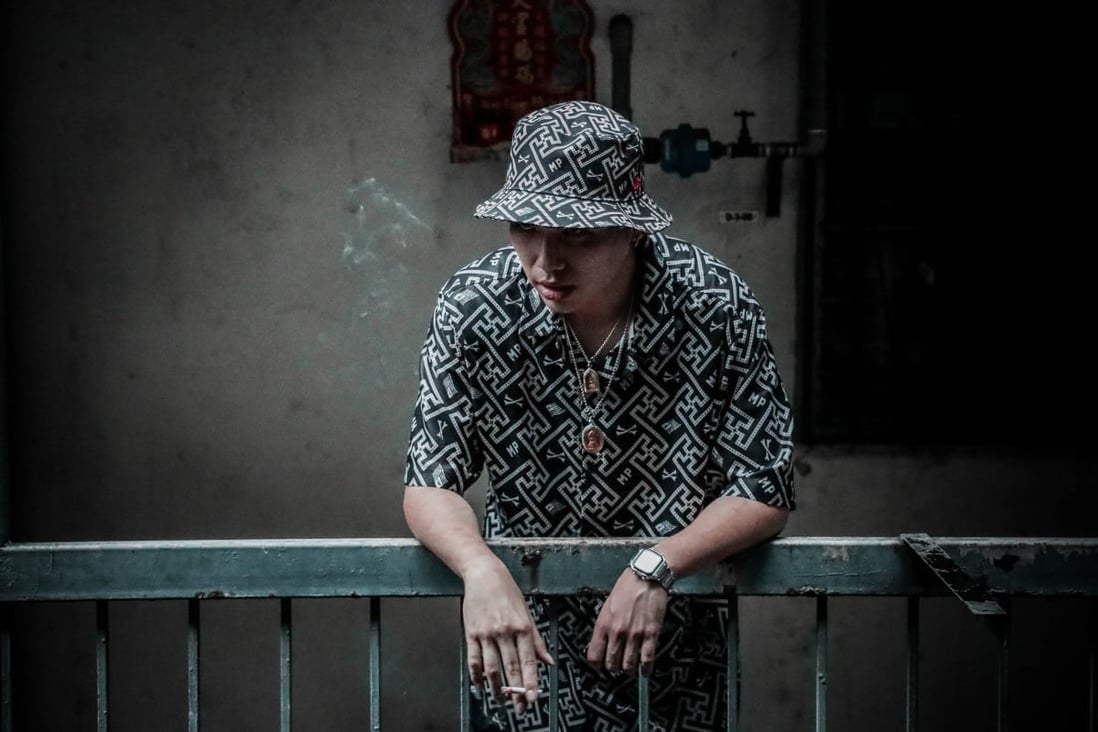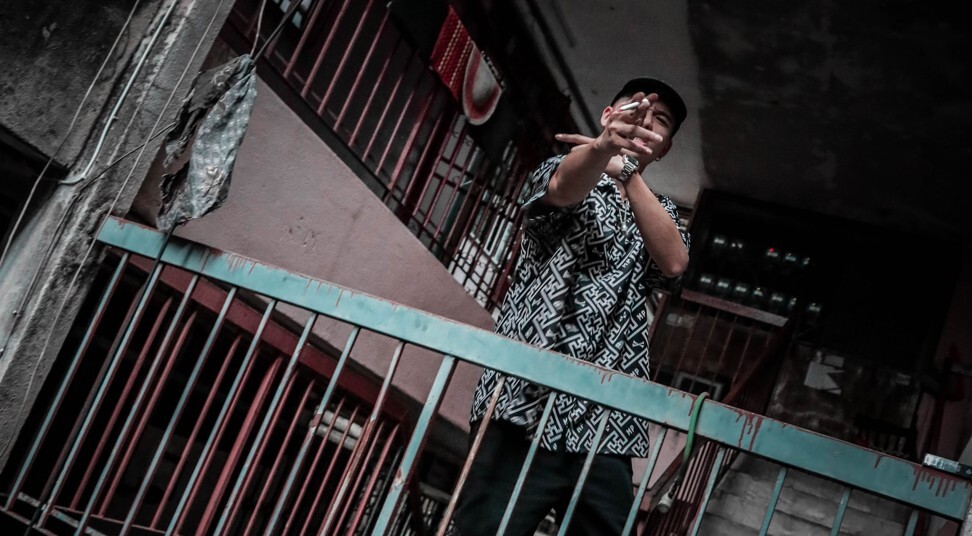
Hip-hop music has come a long way since its 1970s inception in New York in the United States. The genre has, since it became a globalised art form, spread to Southeast Asia, including Malaysia – where it exploded in the late 1990s.
Malaysian hip hop became popular when pioneering Malay rapper duo Too Phat, who alternated lyrics in English and Malay, started airing on national radio in 1999. Their second album “Plan B”, which came out in 2001, went on to sell 4.5 million copies.
Twenty years later, of the two Phats, veteran MC Joe Flizzow heads the Southeast Asian operations of hip-hop label Def Jam Recordings, which opened a regional headquarters in Singapore in September 2019.
Featuring more than 20 artists from Malaysia, Singapore, Indonesia, Vietnam, the Philippines and Thailand, the label is banking on the multiracial and multilingual character of the region, where hip hop appeals to thousands. But a quick look at its roster of artists reveals that one ethnic group appears sorely under-represented: the Malaysian Chinese.

“I kind of understand why, because the Chinese population of Malaysia is quite small, and the chance of making it big in our Malay- and English language-dominated music industry is also quite small,” says Dato’ Maw, a Penang-born Malaysian Chinese rapper whose name is a play on the similar-sounding Mandarin words for “tapir” and “devil”, and the Malaysian honorary title “Datuk”.
He’s going against the grain with a new and hyper-localised spin on hip hop for Malaysian Chinese that he defines as “Cina Music”.
While the word “Cina” refers to Malaysian Chinese in general, it has been used as a derogatory term by political extremists in Malaysia. For example, “Cina balik China” is the controversial refrain used by some Malay politicians to suggest that Chinese return to their ancestral land if they don’t like the way the country is run.
“I don’t see Cina as a derogatory term. Language is a powerful tool, and when the masses associate the term ‘Cina’ with the ‘Cina balik China’ slogan, I feel like the more Malaysian Chinese use the word as a symbol of being proud as Malaysian Chinese, we reclaim the word somehow,” Dato’ Maw said.
“It stands for our own uniqueness, identity, culture, the way we speak and live and, most importantly, our gratitude towards Malaysia.”
Dato’ Maw added that he himself had never experienced real racism, and that many Malaysian Chinese “are kinda sidetracked by those political issues, together with being ignorant and shallow”.

Dato’ Maw’s EP releases “Myvi + Marlboro” (2018), “Planta” (2018), “Cari Makan” (2019), and “Ao Guo Lai” (2020) have ultra-localised themes and embrace his life experience as a Malaysian Chinese.
The main novelty is Dato’ Maw’s flow in multiple languages – Mandarin, Cantonese, Malay, the local Penang Hokkien dialect and English, peppered with an infusion of authentic local slang.
“Writing hip-hop lyrics in your mother tongue is important to ‘stay true to yourself’ and ‘be real’, but it creates some commercial barriers in Malaysia because of our multilingual and multicultural society,” said Penang-based Malaysian Chinese filmmaker Ken Hor, who created a few videos for Dato’ Maw.
But the artist believes that “if the [Chinese trap band] Higher Brothers have become successful all around the world doing music that’s so infused with their peculiar Chengdu dialect, then there’s a chance that even our Cina Music can make it as well”.
More than borrowing from global hip-hop tropes or their Malay counterparts, Cina Music has its roots in the work of seminal Hong Kong 1990s Cantonese rapcore band LMF. Their working-class songs of protest, such as 1127, a tribute to martial arts icon Bruce Lee, encouraged young Chinese to take inspiration and pride in their rich ancestry, instead of copying Western styles.
In Malaysia, the closest influence is Kuala Lumpur-based Cantonese hip-hop group ManHanD, active between 2007 and 2012. Since then, a lack of other like-minded Chinese music has left Malaysian Chinese without any beacon of cultural pride.

“We live in an era that’s quite close to culture death,” says Dato’ Maw. “The harsh truth is that the Malaysian Chinese gravitated towards mainland China’s culture because of local racism and political issues. They believe that if China rises, then even Malaysian Chinese, too, will stop being second-class citizens. Some people still see themselves as more Chinese than Malaysian Chinese, or Cina.”
Dato’ Maw does his part by running the indie label Ban Huat Sdn, which champions all sorts of local Cina-inclined artists, not just hip hop, and is one of the finalists in the current Levi’s Music Project. It’s the first time that this mentoring music programme has taken place in Southeast Asia, and it could be the perfect opportunity for this renegade Cina rapper to learn how to expand his hard-earned underground credibility to a wider public.
But regardless of platform, Dato’ Maw’s ultimate goal is to bring Cina Music overseas and make a name for it. “Maybe I won’t be the one, but hopefully the younger generations will push the potential of Cina Music into a bigger thing, and make every Cina proud.”







